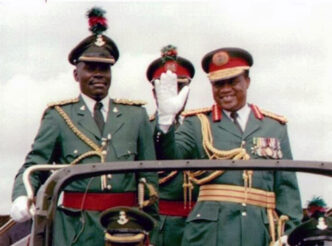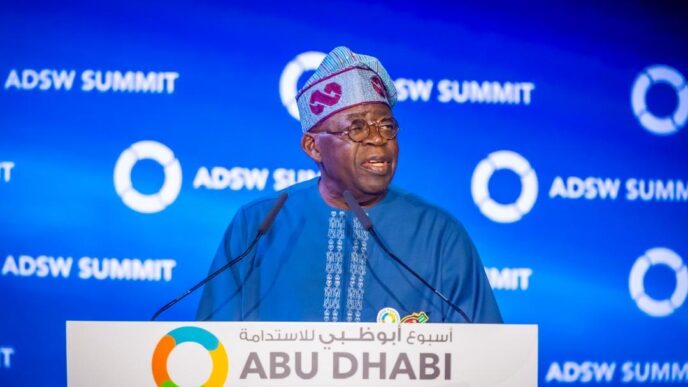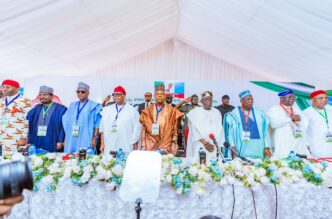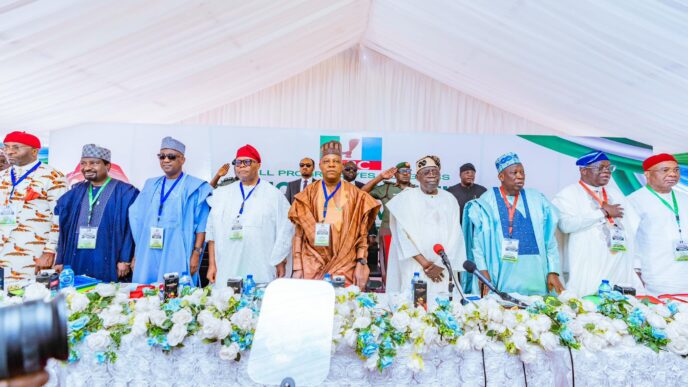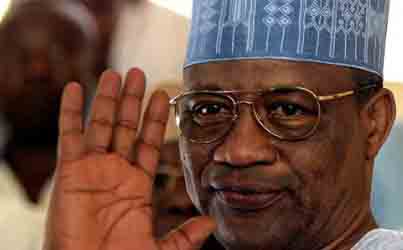Atiku Abubakar
Elementary economics tells us that inflation occurs when we have “too much money chasing too few goods.” This implies that to avoid inflation, we have to keep the money supply in check or ensure increased productivity within the economy.
This simple economic fact seems to be lost on the Tinubu administration even as they betrayed their unhealthy appetite for profligacy in their management of public funds.
Going to the crux of the matter, even though the Bola Tinubu administration inherited a dilapidated economy from his predecessor who also did a very poor job in managing the country’s economy, the poorly implemented policies of the current administration made a bad situation even worse. They resulted in probably the worst economic decline in the country’s history.
According to the spin doctors of the administration, the government had to take very tough measures to save the country from impending doom and even went on to claim that even the other leading opposition candidates had similar policies in their manifestos.
Advertisement
While they are right that those policies needed to be put in place to rejig the economy, the implementation of the policies was very poor and focused more on making more revenue available to the government while little or no consideration was given to the negative impact that the policies will have on millions of Nigerians.
The three main policies under reference that were implemented by this administration that sent shockwaves across the economy are namely:
• The removal of petrol subsidy
• Floating of the Naira
• Removal of electricity subsidy
While there was no actual subsidy on the Naira, with the floating of the Naira, the government was making three to four times more Naira for their dollar-denominated revenues which accounts for a huge percentage of government revenue.
According to the Minister of Finance, Mr Wale Edun, an extra twenty trillion Naira became available to the federal government in one year as a result of these policies. One would have thought that the funds would have been used to reduce the country’s burgeoning debt while also channeling some of the money to help fund productive ventures within the economy to help assuage the impact of the ‘tough’ economic policies on the citizens.
Advertisement
Rather what we saw was the government borrowing even more money and the funds being used to finance the profligate lifestyle of the president and others in the corridors of power. As a result of this and other fiscal policy indiscretions of the present administration, Nigeria’s debt went from N77 trillion which was inherited from the Buhari administration to N136 trillion by the end of December 2024 without anything tangible to show for the quantum leap in the country’s debt exposure.
Taking a cue from the Obasanjo administration in which Alhaji Atiku Abubakar was in charge of the economy, we will recollect that the administration also inherited a huge external debt from the military administration that they took over from. Even though oil was selling for less than $20 a barrel at the start of their administration, they adopted a very prudent fiscal policy regime which saw the administration building up the country’s foreign reserves.
With the increase in foreign reserves, the value of the Naira stabilized and the administration was able to save up enough money to pay off the country’s external debt while negotiating a huge discount for the country in the process. As a result of this, Nigeria’s credit ratings increased significantly and it opened the way for increased foreign investments in the country which eventually led to an increase in the value of the Naira from N135 to the dollar in 2006 to N120 to the dollar by the end of their tenor in 2007.
So when apologists of this administration ask; what would others have done differently? The answer lies in prudent fiscal policy which was the hallmark of the Obasanjo administration in which Alhaji Atiku Abubakar was put in charge of the economy.
Advertisement
Going back to our earlier definition of fighting inflation by increasing the level of productivity within the economy, the Atiku manifesto addressed this adequately by proposing to make available $10 billion out of the money saved from subsidy removal to fund Small and Medium Scale Enterprises (SMEs) in the country with an emphasis on funding those in the productive sector.
By using the money to fund the productive sector as proposed in the Atiku manifesto instead of using it to fund profligate consumption as has been done by the Tinubu administration, we would not only have solved the problem of “too much money chasing too few goods” which triggers inflation, we would also have drastically reduced the unemployment problem while helping to create more wealth for millions of Nigerians.
With the increased revenue Nigerians make as a result of the policy, more revenue will accrue to the government through taxes as a result of increased productivity within the economy instead of the current situation in which the Tinubu administration continuously seeks to increase the tax burden of an already impoverished populace.
While I will admit that the contentious economic policies of this administration were needed to reform the country’s economy, the reality is that they were very poorly implemented with the government taking all the benefits of the policies for itself while leaving the people to bear the full brunt of the policies.
Advertisement
So when people ask what Atiku could have done better, he would have demonstrated fiscal responsibility by adhering to the provisions of the Fiscal Responsibility Act which was signed into law when he led the country’s economic team and this would have put inflation in check and even shore up the value of the Naira.
From the savings made from subsidy removal, he would also have implemented a $10 billion economic stimulus plan which was targeted at giving soft loans to SMEs across the country. This money instead of being wasted on government excesses as been done in the Tinubu administration would have gone towards stimulating productive activities within the country, creating millions of jobs for Nigerians and brought down inflation.
Advertisement
At the end of the day, the difference lies in the mindset of the two leaders, while Tinubu believes that for the government to generate more revenue, he has to raise taxes, Atiku on the other hand believes that the government first has to invest in people and support them to generate more income which will eventually lead to increased tax revenues for the government. This is what Atiku would have done better.
Oshobi, Head of Research and Strategy NYFA, writes from Lagos
Advertisement
Views expressed by contributors are strictly personal and not of TheCable.


